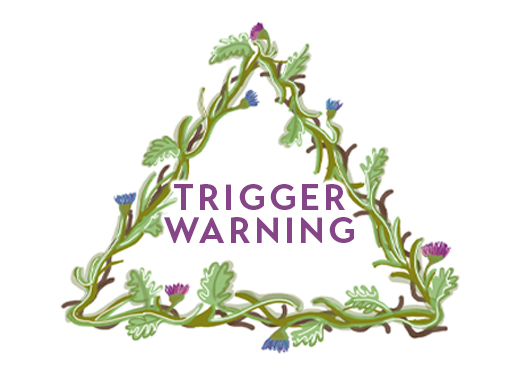Supporting adult learners’ positive mental health
Introduction and guidance
This free badged course, Supporting adult learners’ positive mental health, is designed to help educators explore different approaches to help the mental health and wellbeing of adult learners. The course lasts 24 hours and is organised into 8 weeks of study. You can study at your own pace and drop in and out of the content at times to suit you, your workload, and any other commitments you may have. This will enable you to manage your own mental health and wellbeing while studying.
The eight weeks of content are linked to ensure a logical flow through the course. They are:
- Common mental health challenges and signals displayed by adult learners
- The relationship between mental health and adult learning
- Communication and conversations about mental health
- Accessing and providing the right support at the right time for your learners
- Overcoming stigma associated with mental health
- Social and cultural dimensions of mental health in learning environments
- Promoting wellbeing and building resilience
- Educators’ self-care strategies
Each week should take you around 3 hours. There are a number of activities throughout the course where you are asked to note down your response. A text box is provided for you to do this, however if you would prefer to record your answers in another way that is fine. If you choose to use the text boxes, please be aware that no one else will be able to see what you write. Your answers are only visible to you.
Throughout the course, you will be directed to work with a variety of case studies to help you reflect on the course content and apply what you have learned to practical examples.
Each week also has a wellbeing activity at the end. These are designed to promote good wellbeing for yourself as you study the course. They also contain activities which you can use with your learners to support their wellbeing if you would like to.
At the end of each week there is also a quiz to help you check your understanding. And, if you want to receive a formal statement of participation and digital badge, at the end of Weeks 4 and 8 there is a quiz which you need to pass. The quizzes for Weeks 1–3 and 5–7 are designed to help you practice and gain confidence in the types of questions used in the badge quizzes.
This course includes a wide range of language descriptors which illustrate the diverse linguistic approach used, and demonstrates the inter-changeable language used to describe mental health; such as condition, and illness, and poor mental health. You will also see ‘trigger warnings’, represented with the icon below, to alert you to potentially sensitive topics which are discussed, such as mental health crisis situations. Do be aware of the trigger warning icon and take some time to identify ways in which you can support your own positive mental health appropriately.

Identifying sources of support and self-care can be important for your wellbeing, whether you are an educator or a learner, so you might want to do this, and access support as needed, at regular points during the course. If at any time you feel uncomfortable during the course, try taking some time away, invest time in some self-care strategies, and return to the course when you feel comfortable.
After completing this course, you should be able to:
- recognise barriers to learning which can occur as a result of adult learners’ poor mental health
- recognise the signs of adult learners’ poor mental health and apply appropriate methods to engage in discussions about their mental health, including signposting to relevant support
- identify stigmatised behaviours and common misconceptions about adult learners’ mental health and develop skills which equip educators to reduce stigma in educational practice
- encourage adult learners to use appropriate coping strategies which support positive wellbeing and mental health
- create self-care strategies and skills which support personal positive wellbeing.
Moving around the course
In the ‘Summary’ at the end of each week, you will find a link to the next week. If at any time you want to return to the start of the course, click on ‘Full course description’. From here you can navigate to any part of the course.
It’s also good practice, if you access a link from within a course page (including links to the quizzes), to open it in a new window or tab. That way you can easily return to where you’ve come from without having to use the back button on your browser.
The Open University would really appreciate a few minutes of your time to tell us about yourself and your expectations for the course before you begin, in our optional start-of-course survey. Participation will be completely confidential and we will not pass on your details to others.
